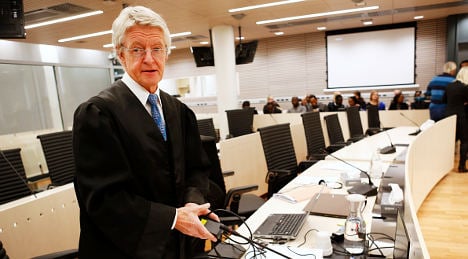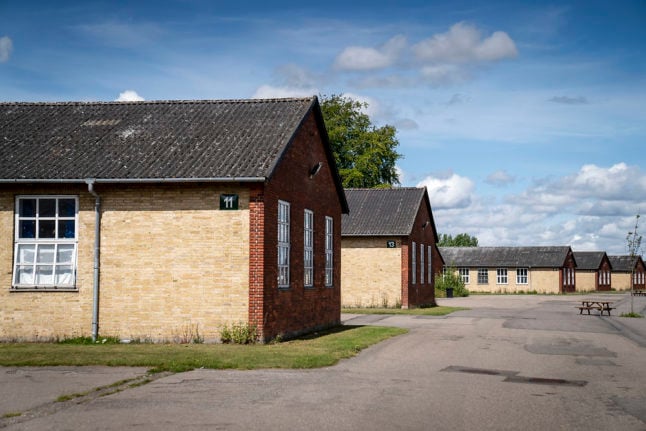Sadi Bugingo, who is wanted by the Rwandan authorities, stands accused of attending meetings during which the murders were planned, participating in the organizing of the massacre, and helping the killers with their transportation.
Bugingo, who does not face any charges of having carried out any killings, arrived in 2002 in Norway, where he worked as a cleaner until his arrest last year.
"He doesn't recognize any of the charges contained in the indictment," his lawyer Harald Stabell told news channel TV2 Nyhetskanalen before the start of the hearing.
"He maintains he was not present at the sites where the murders took place," he added.
The indictment covers several events that saw more than 2,000 people killed in April 1994: a massacre in a municipal building, another within the grounds of a Catholic church, and on several different occasions, the killing of people who had sought refuge in a hospital.
The trial, in which more than 100 witnesses will take the stand or address the court through videoconferencing, is expected to take around three months.
Genocide carries a maximum penalty of 21 years in jail under Norwegian law, a sentence that could be extended indefinitely if the convict is considered a danger to society.
The April 6th 1994 killing of Rwanda's Hutu president Juvenal Habyarimana triggered a genocide in which 800,000 people, mostly from the Tutsi minority, were killed, according to UN figures.



 Please whitelist us to continue reading.
Please whitelist us to continue reading.
Member comments